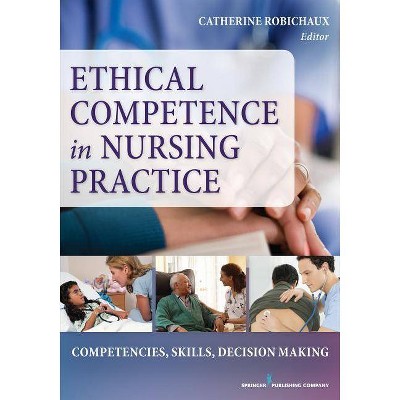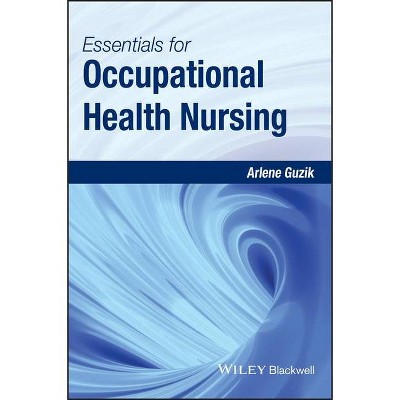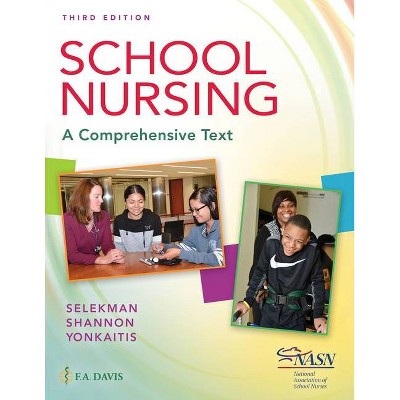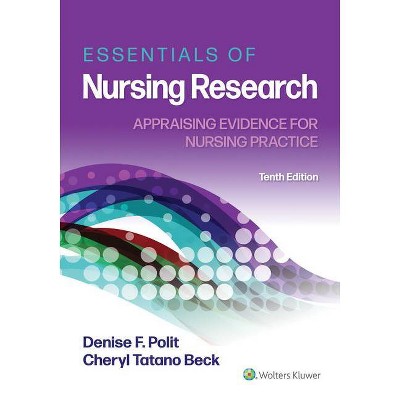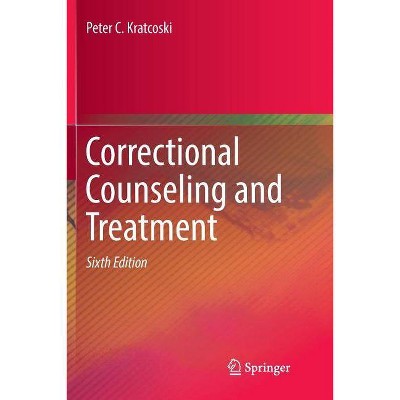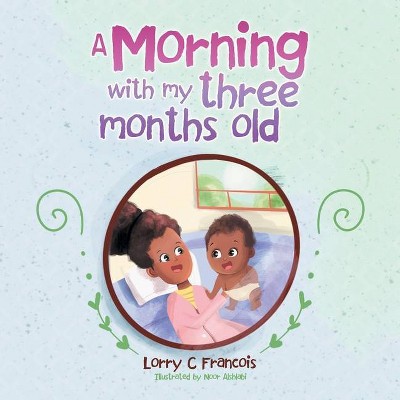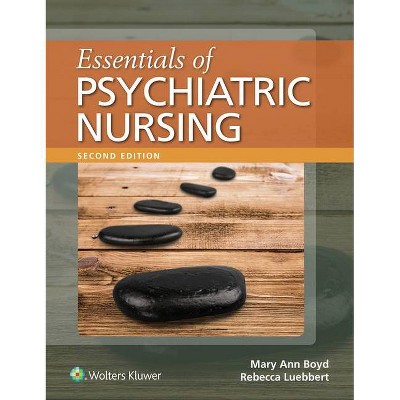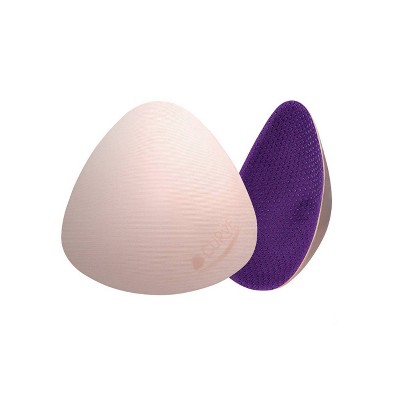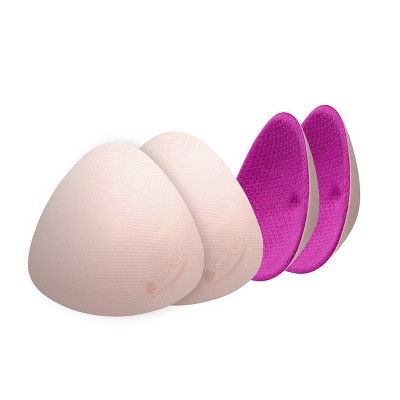Essentials of Correctional Nursing - by Lorry Schoenly & Catherine M Knox (Paperback)
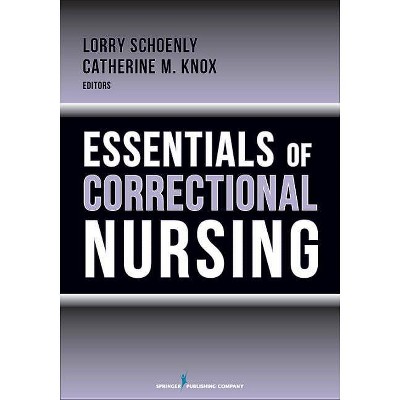
Similar Products
Products of same category from the store
AllProduct info
<p/><br></br><p><b> About the Book </b></p></br></br>"<P>This is a comprehensive body of evidence-based knowledge about the best practices to deliver optimal nursing care to the incarcerated population. It describes how nurses can adhere to the concept of caring while navigating the ethical dilemmas surrounding care of jailed individuals. The book describes the unique health needs and corresponding care for juveniles, women, and individuals at the end of life. Chapters are devoted to nursing care for patients with chronic or infectious disease, mental illness, pain, and drug or alcohol withdrawal. The book also covers health screening, medical emergencies, sick call, and dental care. ANA standards are woven throughout the text. "<p/><br></br><p><b> Book Synopsis </b></p></br></br><p><i>Essentials of Correctional Nursing</i> is the first new and comprehensive text about this growing field to be published in the last decade. Fortunately, the editors have done a great job in all respects...This book should be required reading for all medical practitioners and administrators working in jails or prisons. It certainly belongs on the shelf of every nurse, physician, ancillary healthcare professional and corrections administrator.--<b>Corhealth (The Newsletter of the American Correctional Health Services Association)</b></p> <p>I highly recommend <i>Essentials of Correctional Nursing</i>, by Lorry Schoenly, PhD, RN, CCHP-RN and Catherine M. Knox, MN, RN, CCHP-RN, editors. This long-awaited book, dedicated to the professional specialty of correctional nursing, is not just a good read, it is one of those books that stays on your desk and may never make it to the bookshelf.--<b>American Jails</b></p> <p>Correctional nursing has minimal published texts to support, educate, and provide ongoing best practices in this specialty. Schoenly and Knox have successfully met those needs with <i>Essentials of Correctional Nursing</i>.--<b>Journal of Correctional Health Care</b></p> <p>Nurses have been described as the backbone of correctional health care. Yet the complex challenges of caring for this disenfranchised population are many. Ethical dilemmas around issues of patient privacy and self-determination abound, and the ability to adhere to the central tenet of nursing, the concept of caring, is often compromised. <i>Essentials of Correctional Nursing</i> supports correctional nurses by providing a comprehensive body of current, evidence-based knowledge about the best practices to deliver optimal nursing care to this population. It describes how nurses can apply their knowledge and skills to assess the full range of health conditions presented by incarcerated individuals and determine the urgency and priority of requisite care. The book describes the unique health needs and corresponding care for juveniles, women, and individuals at the end of life. Chapters are devoted to nursing care for patients with chronic disease, infectious disease, mental illness, or pain, or who are in withdrawal from drugs or alcohol. Chapters addressing health screening, medical emergencies, sick call, and dental care describe how nurses identify, respond to, and manage these health care concerns in the correctional setting.</p> <p><i>The Essentials of Correctional Nursing</i> was written and reviewed by experienced correctional nurses with thousands of hours of experience. American Nurses Association standards are woven throughout the text, which provide the information needed by nurses studying for certification exams in correctional nursing. The text will also be of value to nurses working in such settings as emergency departments, specialty clinics, hospitals, psychiatric treatment units, community health clinics, substance abuse treatment programs, and long-term care settings, where they may encounter patients who are currently or have previously been incarcerated. </p> <b>Key Features: </b> <p><ul> <li>Addresses legal and ethical issues surrounding correctional nursing <li>Covers common inmate-patient health care concerns and diseases <li>Discusses the unique health needs of juveniles, women, and individuals at the end of life <li>Describes how nurses can safely navigate the correctional environment to create a therapeutic alliance with patients <li>Provides information about health screening, medical emergencies, sick call, and dental care <li> Serves as a core resource in the preparation for correctional nursing certification exams </ul><p/><br></br><p><b> From the Back Cover </b></p></br></br>"<P>Nurses have been described as the backbone of correctional health care. Yet the complex challenges of caring for this disenfranchised population are many. Ethical dilemmas around issues of patient privacy and self-determination abound, and the ability to adhere to the central tenet of nursing, the concept of caring, is often compromised. "Essentials of Correctional Nursing" supports correctional nurses by providing a comprehensive body of current, evidence-based knowledge about the best practices to deliver optimal nursing care to this population. It describes how nurses can apply their knowledge and skills to assess the full range of health conditions presented by incarcerated individuals and determine the urgency and priority of requisite care. The book describes the unique health needs and corresponding care for juveniles, women, and individuals at the end of life. Chapters are devoted to nursing care for patients with chronic disease, infectious disease, mental illness, or pain, or who are in withdrawal from drugs or alcohol. Chapters addressing health screening, medical emergencies, sick call, and dental care describe how nurses identify, respond to, and manage these health care concerns in the correctional setting. <P>"The Essentials of Correctional Nursing" was written and reviewed by experienced correctional nurses with thousands of hours of experience. American Nurses Association standards are woven throughout the text, which provide the information needed by nurses studying for certification exams in correctional nursing. The text will also be of value to nurses working in such settings as emergency departments, specialty clinics, hospitals, psychiatric treatment units, community health clinics, substance abuse treatment programs, and long-term care settings, where they may encounter patients who are currently or have previously been incarcerated. Key Features: <P> Addresses legal and ethical issues surrounding correctional nursing Covers common inmate-patient health care concerns and diseases Discusses the unique health needs of juveniles, women, and individuals at the end of life Describes how nurses can safely navigate the correctional environment to create a therapeutic alliance with patients Provides information about health screening, medical emergencies, sick call, and dental care Serves as a core resource in the preparation for correctional nursing certification exams "
Price History
Price Archive shows prices from various stores, lets you see history and find the cheapest. There is no actual sale on the website. For all support, inquiry and suggestion messagescommunication@pricearchive.us
